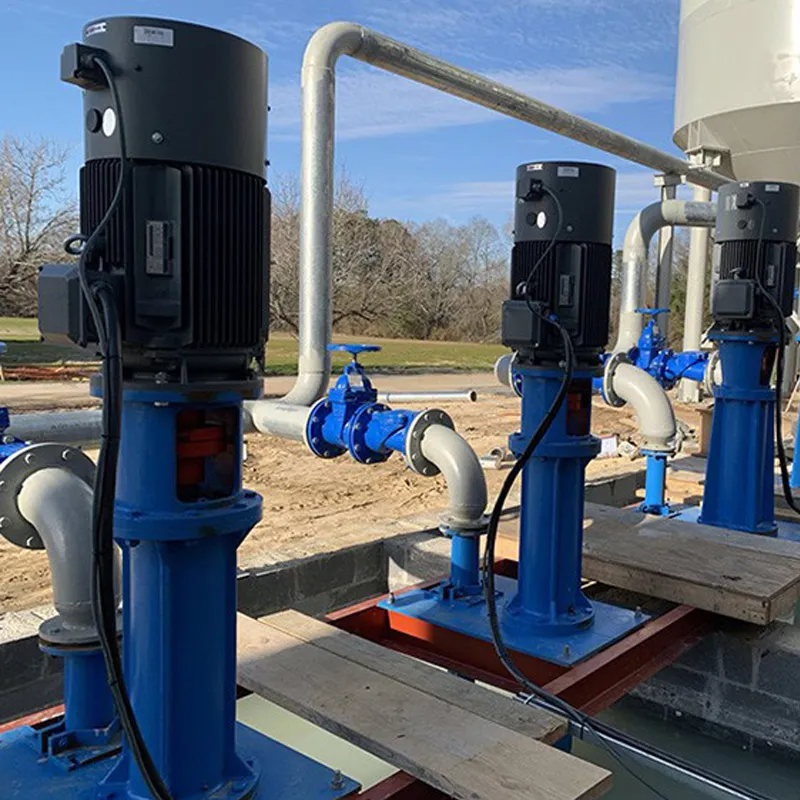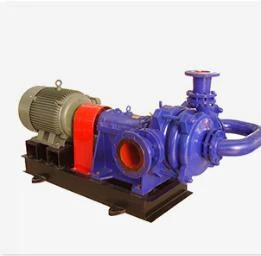TEL:
+86 13120555503
Slovak
- Afrikaans
- Albanian
- Amharic
- Arabic
- Armenian
- Azerbaijani
- Basque
- Belarusian
- Bengali
- Bosnian
- Bulgarian
- Catalan
- Cebuano
- Corsican
- Croatian
- Czech
- Danish
- Dutch
- English
- Esperanto
- Estonian
- Finnish
- French
- Frisian
- Galician
- Georgian
- German
- Greek
- Gujarati
- Haitian Creole
- hausa
- hawaiian
- Hebrew
- Hindi
- Miao
- Hungarian
- Icelandic
- igbo
- Indonesian
- irish
- Italian
- Japanese
- Javanese
- Kannada
- kazakh
- Khmer
- Rwandese
- Korean
- Kurdish
- Kyrgyz
- Lao
- Latin
- Latvian
- Lithuanian
- Luxembourgish
- Macedonian
- Malgashi
- Malay
- Malayalam
- Maltese
- Maori
- Marathi
- Mongolian
- Myanmar
- Nepali
- Norwegian
- Norwegian
- Occitan
- Pashto
- Persian
- Polish
- Portuguese
- Punjabi
- Romanian
- Russian
- Samoan
- Scottish Gaelic
- Serbian
- Sesotho
- Shona
- Sindhi
- Sinhala
- Slovak
- Slovenian
- Somali
- Spanish
- Sundanese
- Swahili
- Swedish
- Tagalog
- Tajik
- Tamil
- Tatar
- Telugu
- Thai
- Turkish
- Turkmen
- Ukrainian
- Urdu
- Uighur
- Uzbek
- Vietnamese
- Welsh
- Bantu
- Yiddish
- Yoruba
- Zulu
Telephone: +86 13120555503
Email: frank@cypump.com
feb . 19, 2025 04:47 Back to list
septic tank pumps
Understanding the intricacies of a pump tank septic system can significantly benefit homeowners and professionals alike. This sophisticated sewage management solution offers a unique approach to efficiently handle waste, especially in areas where gravity-fed systems are not feasible. This article delves into the core aspects of pump tank septic systems, leveraging expert knowledge and real-world experiences to help you make informed decisions.
Real-world experiences emphasize the importance of routine maintenance in pump tank septic systems. Regular inspections, typically suggested annually, ensure optimal performance. Professionals recommend examining the pump, floats, and alarms for functionality, while also checking the septic tank for sludge levels. Pump malfunctions can often be anticipated and prevented with timely electrical and mechanical evaluations. Authoritativeness in the domain underscores the growing trend towards using advanced technologies. Many professionals advocate for smart monitoring systems capable of real-time diagnostics and alert generation, allowing for proactive management. Such innovations assist homeowners in avoiding costly emergencies and promote environmentally safe disposal practices. Trustworthiness within the pump tank septic system landscape involves adherence to environmental standards and codes. Professionals adhere to national regulations governing septic system installations and operations, ensuring ecological integrity. Users are encouraged to engage certified professionals for installation and maintenance to maintain compliance and system efficiency. Pump tank septic systems represent an innovative solution for properties with specific wastewater management needs. By harnessing expert insights and leveraging advanced technologies, these systems can ensure effective and sustainable waste treatment. Proper installation, regular maintenance, and adherence to regulatory standards underpin the system's performance, safeguarding both property and environment. As demand for efficient and environmentally friendly sewage solutions increases, pump tank septic systems remain at the forefront, supported by ongoing advancements and professional expertise.


Real-world experiences emphasize the importance of routine maintenance in pump tank septic systems. Regular inspections, typically suggested annually, ensure optimal performance. Professionals recommend examining the pump, floats, and alarms for functionality, while also checking the septic tank for sludge levels. Pump malfunctions can often be anticipated and prevented with timely electrical and mechanical evaluations. Authoritativeness in the domain underscores the growing trend towards using advanced technologies. Many professionals advocate for smart monitoring systems capable of real-time diagnostics and alert generation, allowing for proactive management. Such innovations assist homeowners in avoiding costly emergencies and promote environmentally safe disposal practices. Trustworthiness within the pump tank septic system landscape involves adherence to environmental standards and codes. Professionals adhere to national regulations governing septic system installations and operations, ensuring ecological integrity. Users are encouraged to engage certified professionals for installation and maintenance to maintain compliance and system efficiency. Pump tank septic systems represent an innovative solution for properties with specific wastewater management needs. By harnessing expert insights and leveraging advanced technologies, these systems can ensure effective and sustainable waste treatment. Proper installation, regular maintenance, and adherence to regulatory standards underpin the system's performance, safeguarding both property and environment. As demand for efficient and environmentally friendly sewage solutions increases, pump tank septic systems remain at the forefront, supported by ongoing advancements and professional expertise.
Share
Next:
Latest news
-
Reliable Non-Clog Sewage Pumps with GPT-4-Turbo Tech
NewsAug.04,2025
-
High-Performance Air Pumps for Sand & Gravel | Efficient Transport
NewsAug.03,2025
-
ISG Series Vertical Pipeline Pump - Chi Yuan Pumps Co., LTD.|Energy Efficiency, Corrosion Resistance
NewsAug.03,2025
-
ISG Series Pipeline Pump - Chi Yuan Pumps | Energy Efficiency&Compact Design
NewsAug.03,2025
-
ISG Series Vertical Pipeline Pump - Chi Yuan Pumps Co., LTD.|High Efficiency, Low Noise, Durable
NewsAug.02,2025
-
ISG Series Vertical Pipeline Pump - Chi Yuan Pumps | High Efficiency, Low Noise
NewsAug.02,2025










